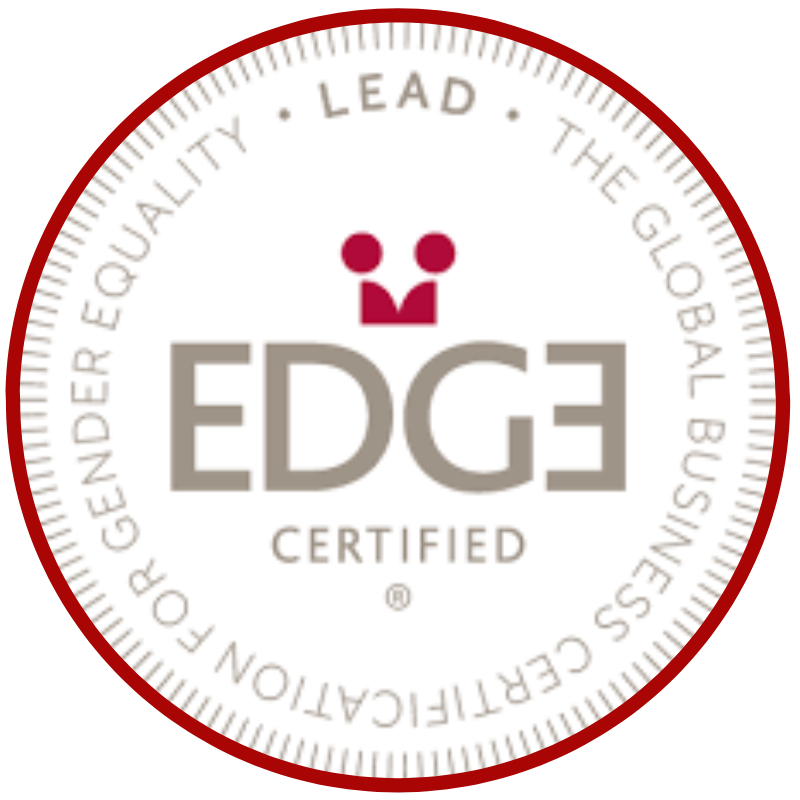 Last week, Ambassador Melanne Verveer delivered the James P. Grant lecture at George Washington University on the topic of Gender, Diplomacy & Development.
Last week, Ambassador Melanne Verveer delivered the James P. Grant lecture at George Washington University on the topic of Gender, Diplomacy & Development.
Jim Grant was not a household name, but he was a tireless global childrens advocate. In fact, Nick Kristof wrote that Jim Grant, “a little-known American aid worker,” had “probably saved more lives than were destroyed by Hitler, Mao, and Stalin combined” through his promotion of vaccinations and diarrhea treatments. Grant served as head of UNICEF, after a distinguished career at the UN and in the US government. Shortly before he died, President Clinton presented him with the Presidential Medal of Freedom.
Ambassador Verveer, who heads up the first ever Office of Global Womens Issues at the US Department of State, is a tireless global advocate for women and children. She has worked on Capitol Hill, several non-profit organizations and served in the Clinton White House as Assistant to the President and Chief of Staff to Hillary Clinton. She also co-founded the Vital Voices Global Partnership. Through this work, she has reached tens of thousands of women and had an impact on millions.
At the lectures start, Ambassador Verveer set the stage on the global status of women and girls. That is, women do 60% of the worlds work, but only earn 5% of the worlds income. The majority of the unschooled are women and 75% of those who are illiterate are women. She argued that women – one of the worlds great untapped resources – are central to global peace and prosperity. In fact, according the World Economic Forum Gender Gap Report, the most prosperous countries are these where the gaps between men and women on a series of measures are narrowest. Simply put, according the Verveer, if we are successful at mainstreaming gender and valuing women and girls, we will have better outcomes across the board.
Verveer then outlined the Obama Administrations vision for ensuring that women and girls are at the center of diplomacy and development.The Department of State and USAIDs are working to integrate gender across their efforts and to elevate the status and value of women and girls globally. Verveer emphasized that the Quadrennial Diplomacy and Development Review (QDDR) looks at how we can improve our governments bottom line by insuring that our work is effective and efficient.
According to Verveer, it is important to see women not just as beneficiaries of aid but as agents of change, and there is a growing consensus that Millennium Development Goal (MDG) number 3, To promote gender equality and empower women, is the lynchpin to progress on the remainder of the MDGs.
Finally, Verveer outlined key US government initiatives benefitting women and girls.
First, she spoke about health related initiatives like the US Global Health Initiative (GHI) and PEPFAR. GHI has a laser like focus on improving maternal health, family planning and nutrition and is working to improve existing health care systems and use innovative new technologies – like mobile phones to deliver health information.
Second, there are investments in food security, like Feed the Future to invest in farmers and strengthen the worlds food supply. Women are critical to these efforts as women are the majority of small holder farmers in sub- Saharan Africa and worldwide have access to only 10% of all credit and 1% of credit in the agricultural sector. Feed the Future is working to reform land tenure and property rights, as well as providing farmers with the technical assistance and inputs they need to grow more food and get it to market.
Third, she outlined programs to spur economic growth and entrepreneurship, and ensure that women have financial identities. Verveer gave examples of work in Africa and Asia including the jaw dropping statistic that Asian Pacific countries lose $42 billion to $47 billion annually in GDP because of the untapped potential of women in those economies!
Fourth, women in political office are more likely to invest in public goods such as water, sanitation and education. Verveer also emphasized the importance of encouraging womens role in conflict resolution and peace building.
Clearly, Verveer has made a life in this work, and she has been able to help shape and implement our work globally to empower women and girls. Unfortunately, I never had the honor of meeting Jim Grant, but I couldnt help thinking that he would be so pleased to share this stage with Melanne, and be proud to do so.





